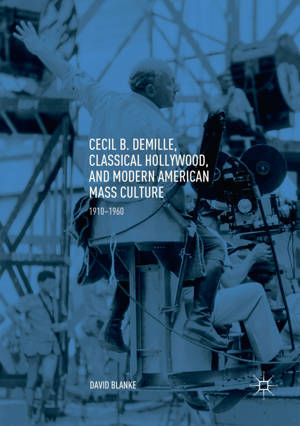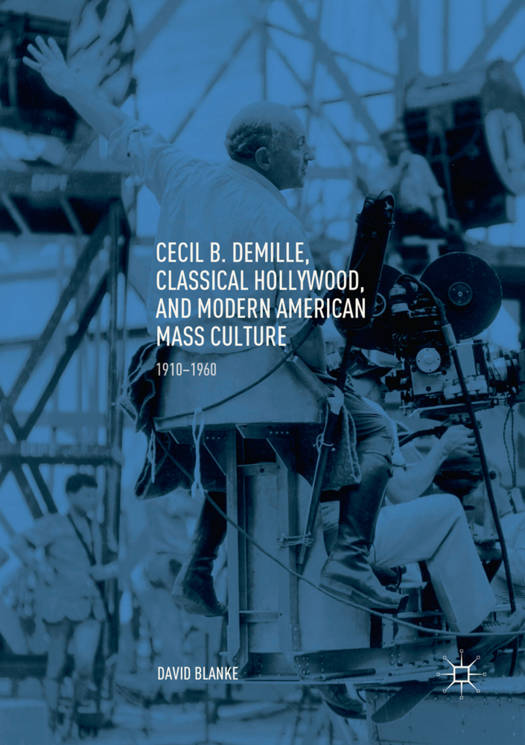
- Retrait gratuit dans votre magasin Club
- 7.000.000 titres dans notre catalogue
- Payer en toute sécurité
- Toujours un magasin près de chez vous
- Retrait gratuit dans votre magasin Club
- 7.000.0000 titres dans notre catalogue
- Payer en toute sécurité
- Toujours un magasin près de chez vous
Cecil B. Demille, Classical Hollywood, and Modern American Mass Culture
1910-1960
David BlankeDescription
This book uses the long and profitable career of Cecil B. DeMille to track the evolution of Classical Hollywood and its influence on emerging mass commercial culture in the US. DeMille's success rested on how well his films presumed a broad consensus in the American public--expressed through consumer hedonism, faith, and an "exceptional" national history--which merged seamlessly with the efficient production methods developed by the largest integrated studios. DeMille's sudden mid-career shift away from spectator perversity to corporate propagandist permanently tarnished the director's historical standing among scholars, yet should not overshadow the profound links between his success and the rise and fall of mid-century mass culture.
Spécifications
Parties prenantes
- Auteur(s) :
- Editeur:
Contenu
- Nombre de pages :
- 328
- Langue:
- Anglais
Caractéristiques
- EAN:
- 9783030083410
- Date de parution :
- 20-12-18
- Format:
- Livre broché
- Format numérique:
- Trade paperback (VS)
- Dimensions :
- 148 mm x 210 mm
- Poids :
- 412 g

Les avis
Nous publions uniquement les avis qui respectent les conditions requises. Consultez nos conditions pour les avis.






